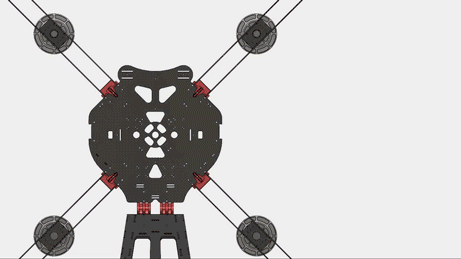An Open Source Project
Powered paragliders (ppg) have been a relatively inexpensive and fairly reliable method of getting off the ground for several decades. The OpenPPG organization enables one to be part of a group effort to improve a simple, light framework and power systems as part of a group effort.
The group’s web site proclaims, “The OpenPPG project is the solution to easy, convenient, and affordable powered paragliding. With its simple user-friendly, maintenance free, and lightweight design it has never been safer and easier to experience the thrill of flight.”
Here we see the first flight of the rev. 3 model. The body-cam is a bit distracting, but does give a view of the steps required to ready the machine for flight.
A second video shows two paramotors in flight, demonstrating great control (on a probably very calm day), and almost vibration free images because of the craft’s small electric motors.
How well will one of these things climb? A pilot starting at a 4,400 altitude location climbed nearly 3,000 feet within the 50-minute maximum battery endurance for the OpenPPG.
Glydrfreak (Braedin Butler) explained details. “Medium Tequila 4 (canopy) loaded at 242 lb (max end of soaring weight range).
“Between two flights on the same 6 Bonka batteries, climbing at 65 amps on each ESC, total height gain was 3400 ft. Launched at 4400ft MSL.”
Assembly and costs
The OpenPPG consists of a frame, pilot harness, motors and power system, and the all-important batteries. The organization sells an array of parts, including the all-important battery packs and parachute canopy. Prices seem reasonable and a builder can configure the machine to suit individual sizes, weights and general preferences.
It’s interesting to see what people are producing with Arduino and Pi circuit boards. These budget items are remarkable for their versatility and seem to be well used in this application. Several “open source” attempts have been made to bring low cost to flying. Success remains elusive for most such projects, but seems to have come to OpenPPG.


